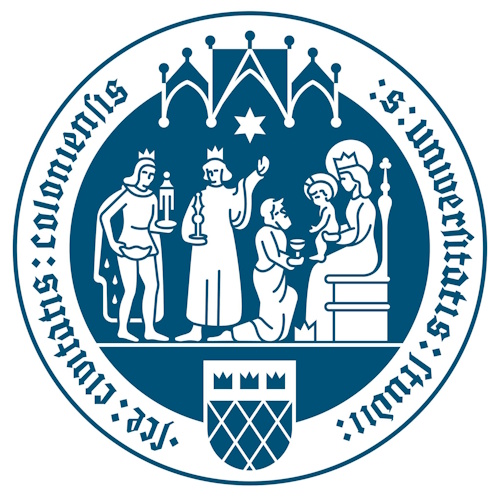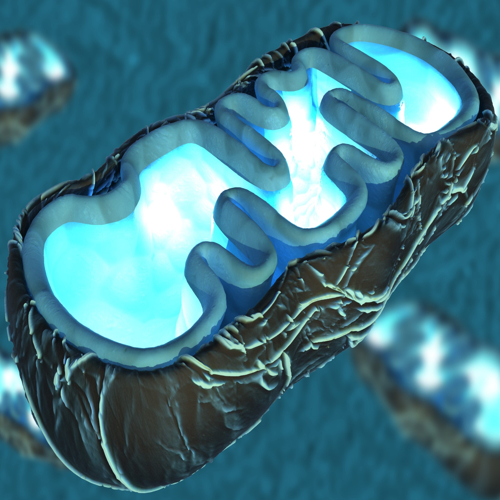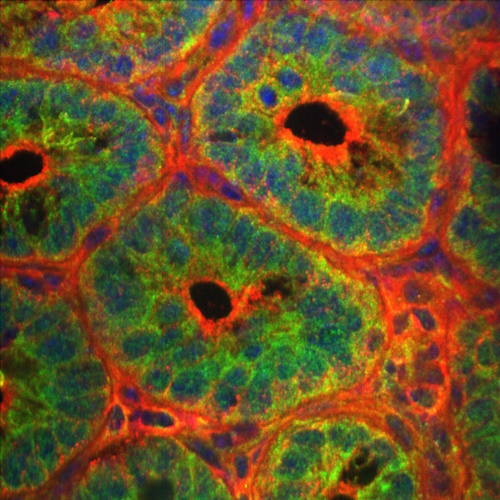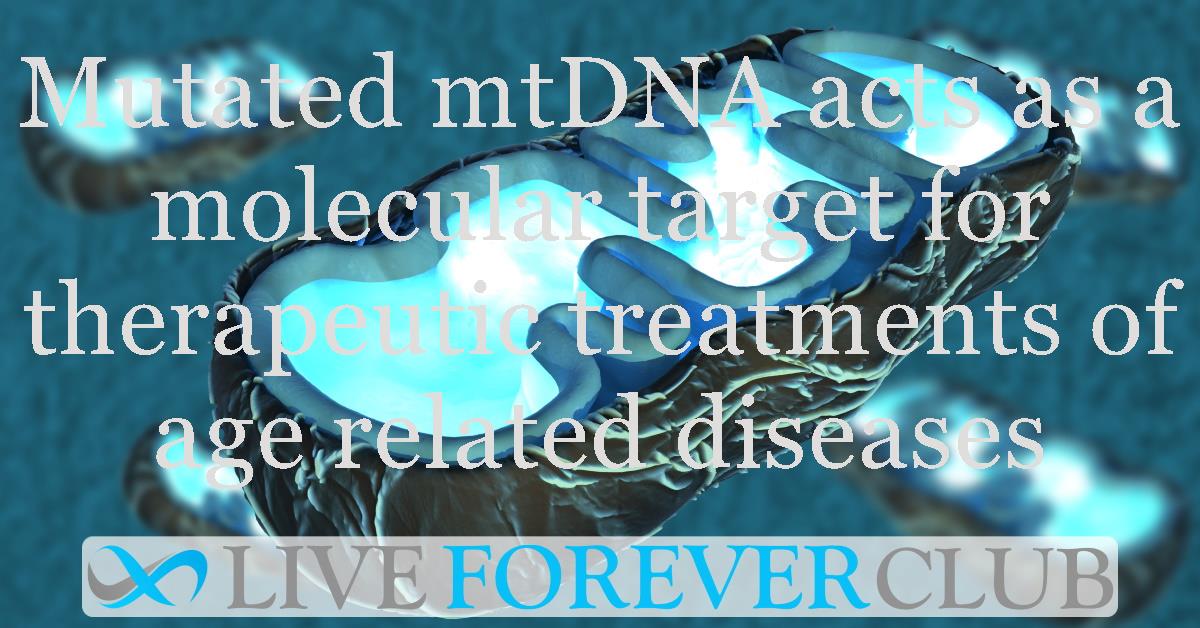Key points from article :
Researchers have identified a molecular target that could open up new therapeutic options to treat aging-associated diseases like Parkinson’s.
They have discovered how cells can eliminate mutated mitochondrial DNA (mtDNA).
They showed that mutations of the mtDNA lead to a local rearrangement of proteins in the mitochondrial membrane.
The mutated mtDNA is targeted, eliminated, and subjected to autophagy, the cellular ‘waste disposal’.
Using a mouse model in which mtDNA mutations lead to impaired muscle regeneration.
They also showed that selectively mutated mtDNA can be removed by stimulating the activity of the autophagy mechanism with rapamycin.
Mutations in mtDNA accumulate as a result of normal aging.
David Pla-Martin, the lead author: ‘What is new in our study is ... mtDNA damage leads to the recruitment of endosomes in close proximity to nucleoids.’
The study was published in Nature Communications and carried out at the University of Cologne.






